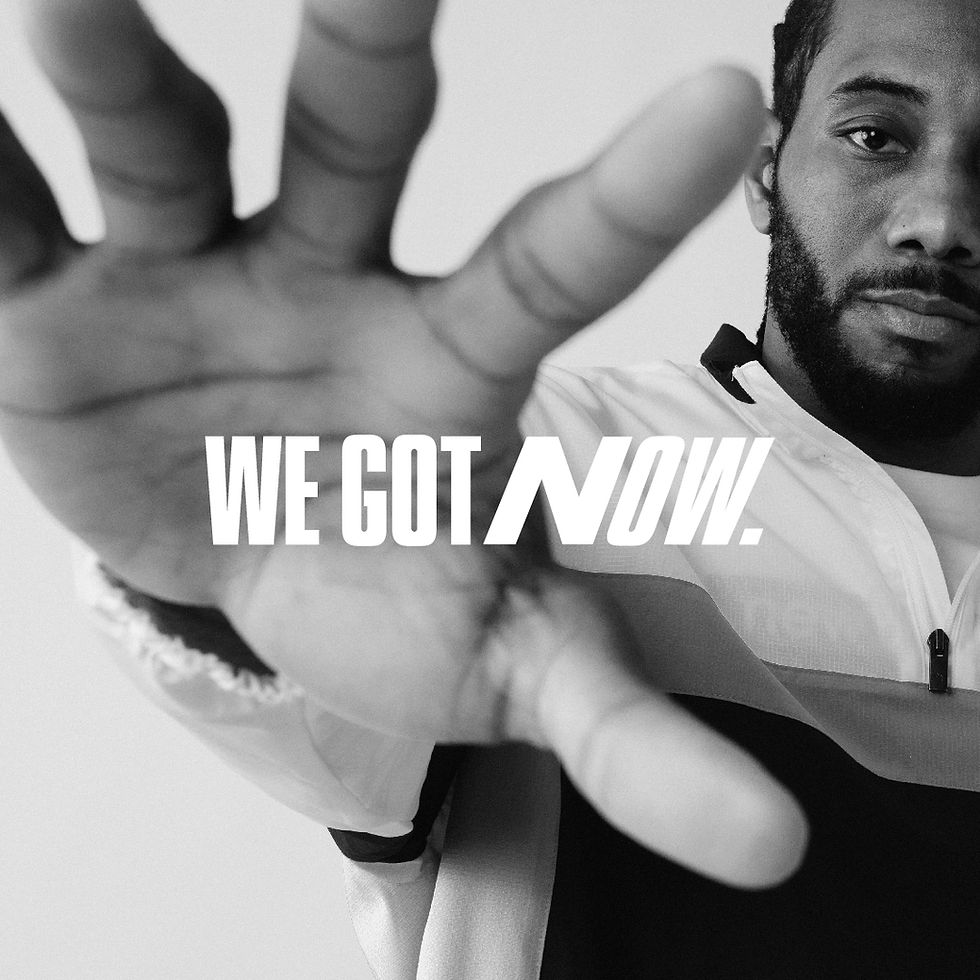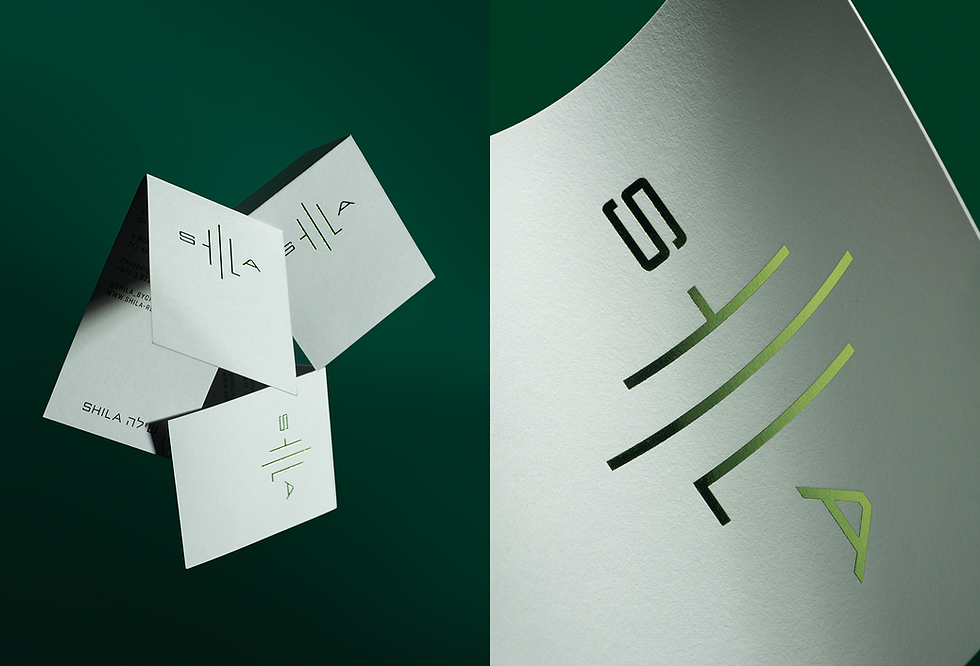- Apr 29, 2019
- 4 min read
Designer Alex Center loves brands, and has been fascinated by them from very early on. The spell was cast when he was growing up in the 1990’s, a kid very much into Tommy Hilfiger. “I remember the distinct feeling I had when I put on a winter jacket with their logo – it made me feel like I had superpowers. It made me instantly more confident, like I was part of a specific tribe.”
This strong connection between user and brand is, to this day, what drives Alex as a designer. He’s drawn to how business decisions, when accumulated, can form an overall image in people’s minds, striking a chord to become emotional, aspirational, or relatable.
“People want to align themselves with brands that they feel like are a representation of who they are or who they want to be,” Alex explains. “As a designer, I love being a part of the thousands of decisions that build that relationship, and establish that feeling of belonging.”


Design as an influential business asset
Alex’s career has always revolved around brands. Before opening his own branding studio, Center, Alex was the Creative and Design Director at Coca-Cola, leading the vitaminwater, smartwater and Powerade brands. “It was the best experience ever. It taught me everything I ever needed to know about design and business,” he says of his ten plus years at Coke.
Directing design teams in a major corporation honed Alex’s skills as a creative designer, of course, but it also taught him a lot about the role design plays in large-scale decision making processes within a business. “I became bilingual in the way I could talk with designers about the details of craftsmanship or typography, but also had to learn how to sell in design work to business leaders who might not be as experienced with how design can drive business results,” he explains.
Alex now applies these same insights from Coca-Cola at his own studio, Center, where he and his team collaborate with entrepreneurs and startups in building their brands from the ground up. “Working directly with founders gives us a significant influence in how they make strategic business decisions,” Alex elaborates.
Playing an active, integral role in his clients’ overarching business plan is something that Alex is thoughtfully on the lookout for in his career. He sees design and branding as an ongoing process, rather than a visual identity and logo that you develop once, then hand over to the client. “I think it’s important to be able to sit around a reasonably sized table and work directly with the people that are determining the future of the company,” he notes. “In that way, we are part of the core team for the clients we work with.”

Gaining attention through design
This view of design leads Alex to differentiate between the values of ‘good design’ – something that is visually aesthetic – to design that is effective. “People will always gravitate towards things that are beautiful or traditionally good looking, but effectiveness is what I’m most interested in,” claims Alex.
What Alex defines as effective design is one that “communicates clearly, connects with people and differentiates itself from the competition.” He quotes the words of the Design Matters podcast creator, Debbie Millman, as his favorite definition of branding: ‘deliberate differentiation.’
“I think great design is meaningful in its purpose, and deliberate in how it separates itself from the rest,” he remarks, pointing out that aesthetics and beauty might help a project stand out, but they can’t guarantee people’s attention.
Working for your home team
Apart from his love of branding, Alex is also a true sports lover. The two fields often come together in many of his works, an intersection that Alex truly appreciates. “It always feels like I’m getting away with something because I would totally do it for free!”
He notes that sports are an interesting case study from a branding perspective, as the bond between teams and their fans is often so strong and meaningful. “People use ‘we’ when they talk about their teams,” he says, “and that says everything you need to know about the relationship.”
But there’s also danger to be found when mixing together work and a personal passion. Alex gives the example of his first internship position for the New York Knicks, the team he avidly supports. “It was an incredibly valuable experience for me at the time, but on the flip side, I also got a peek behind the curtain and saw the business of sports in action which wasn’t as great,” Alex admits. “I didn’t want to tarnish my love for sports and I thought it might be best to separate the two.” Nevertheless, he’s since continued to work with the sports industry, and the experiences that followed have proven to be significantly better.


Drawing the line when you own your own business
Expanding on this train of thought, Alex believes in the importance of a good work-life balance when it comes to anything design-related. “I think it’s important to not kill ourselves working till 2 a.m. That way, when I come into the studio I’m excited to get to work and I can put my all into it,” he explains.
Alex acknowledges that maintaining this equilibrium can be harder when you own your own business, like he does, or when embarking on a freelance design career. But without setting your own limits, you can easily reach burnout too quickly.
“I think that having experiences outside of the studio makes you a better designer,” Alex sums up. “I need to see my family, my friends and have a life that is fulfilling.” At the end of the day, it’s all about balance and enjoying the work that we do. And that joy definitely shines through in Alex’s designs.

This article is a continuation of Alex’s recent career therapy session at the Wix Design Playground in NYC. Keep up with our upcoming design events at Wix Playground Presents.



